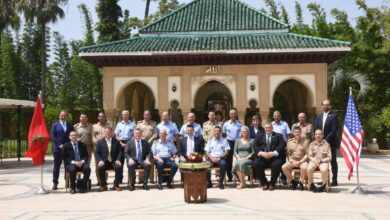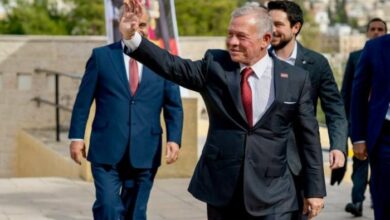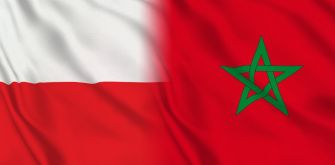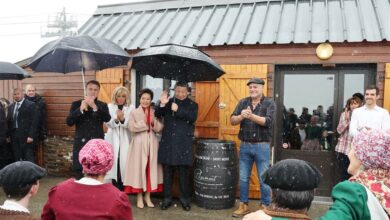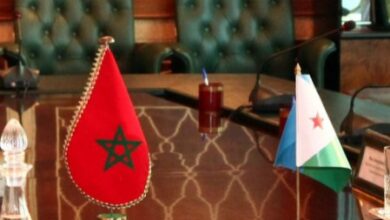Algeria Between Leadership Ambitions and Escalatory Behavior: Has Supporting Extremist Groups Become a Strategic Option?
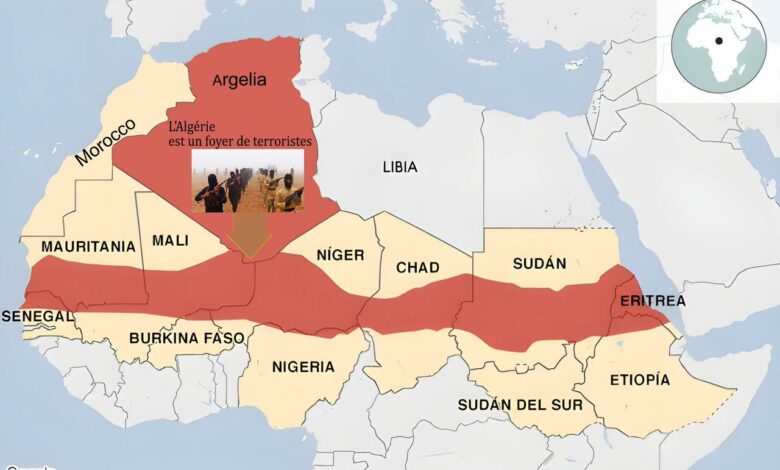
By ALDAR / Analysis
Amid the geopolitical shifts taking place in North Africa and the Sahel, Algeria stands out as a regional player that stirs much controversy—not only due to its rigid positions on several issues but also because of what observers describe as direct or indirect support for extremist groups seeking to destabilize the surrounding region.
Rather than acting as a force for peace and cooperation in the region, Algeria insists on a political approach marked by tension with its neighbors, engaging in practices perceived as a constant fueling of hostility—whether through media incitement, hosting separatist entities, or providing political and logistical support to groups of an extremist nature.
These moves come at a time when the region needs greater coordination and cooperation to face shared security and economic challenges, foremost among them the threat of cross-border terrorism, organized crime networks, and waves of irregular migration.
What is particularly puzzling is that Algeria, which has long championed the slogan of “non-interference in the internal affairs of states,” is now accused of pursuing a double standard: a diplomatic discourse that calls for peace, contrasted with field actions that contradict this rhetoric entirely.
Is Algeria, through these policies, seeking to assert its role as a regional power at any cost? Or is the absence of a clear strategic vision pushing it toward escalatory choices that negatively impact the stability of the entire region?
The answer remains dependent on the outcomes of future developments. However, what is certain is that betting on tension as a means of achieving gains will lead only to further isolation and unrest—at a time when reality demands that Maghreb countries prioritize the interests of their peoples above all else and work together to build a unified and secure Maghreb space.

